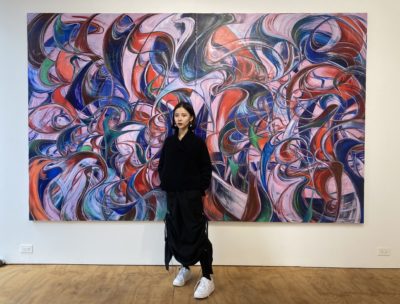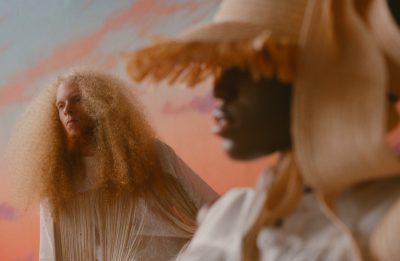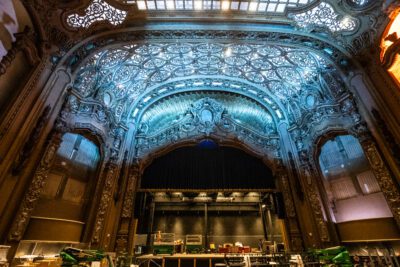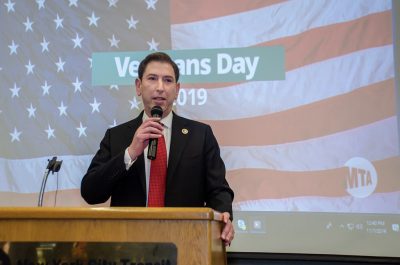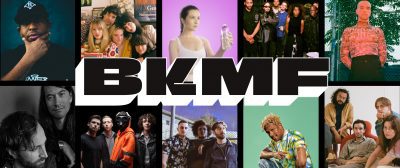Olivia Thirlby Just Wants To Be Happy
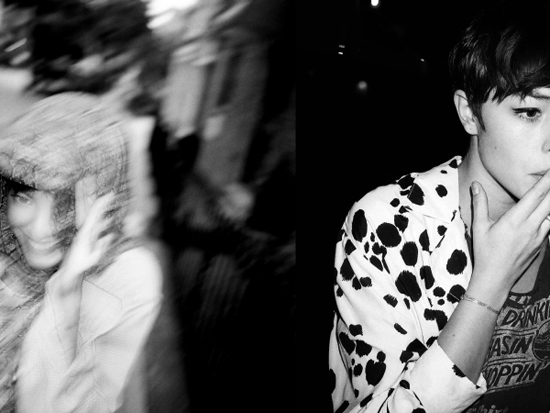

In a reversal of the usual formulation made by creative young people, Thirlby says she feels fortunate to have, with acting, “a real-world money-making career that will maybe afford me the luxury to be able to study other things with my brain.” She doesn’t regret not going to college, she says quite sensibly, “because the things I would really like to study now are wholly different than the things I would have studied when I was 18 or 19 or 20.” Lately, she’s sat in on a few of a friend’s classes at the College of the Atlantic, the school on the coast of Maine with only one major, Human Ecology. She’s interested in Eastern philosophy, and its familiar manifestations like yoga, and in the time she’s been back in the city she’s been down to Zuccotti Park a couple of times. A friend of hers started Occupy Venice Beach, and she and her mother have walked around Occupy Wall Street, on the drizzly slow days, having casual conversations. They plan to return later today; their joke is that they can’t get arrested, because they’re also doing a yoga class together at six. Thirlby’s taken with the potential, which she sees in the Occupy movement, of communities of interest beginning to form, however embryonically: “We’re human beings, and that is a powerful thing, to be a human being. I think we’ve kind of forgotten. We’ve just become consumers and we’ve forgotten that we’re… living creatures.”
A sense of shared humanity—an interest in human ecology, maybe—is also what animates Thirlby when the subject turns to the last time she was photographed by iO Tillett Wright. iO’s ongoing “Self Evident Truths” series is an ever-expanding album of black-and-white portraits of “anyone who’s anything other than one hundred percent straight,” and, implicitly, a plea for legal recognition of their equality. On SelfEvidentProject.com, Thirlby is there—alongside a coworker of mine at this magazine, her girlfriend, and many others—in the first batch of New York-based photos, her hair in its dark bob phase under a gray hoodie.
“When she told me about this project,” Thirlby recalls, “she asked me if I wanted to be a part of it and I did have to think about it for a minute. But ultimately I decided that absolutely yes I did want to be a part of this. It’s important for a lot of reasons. For me personally it’s important to be a part of this because I feel it’s a way of me showing gratitude that I live surrounded by a community in which I don’t have to hide my sexual orientation. And no one should have to hide their sexual orientation. Loving people is a necessary part of being human, and it is very difficult to love people in secret. It is a horrible thing to force people to do. And I am not one hundred percent straight—”
I’m not going to ask you to draw me like a pie chart
or anything—
“—I mean there isn’t even a way that I could draw you a pie chart… I have a boyfriend, at the moment. But I appreciate the way that she’s going about doing this, and I so believe in the cause. Gay rights have always been a really big thing for me. I think growing up, especially in a theater community, I inevitably ended up having a lot of friends who are gay men. I now embrace the term ‘faggot,’ but I used to be that girl who would scream at you for using it. I’ve realized now that the best way to fight it is just to embrace it. This is a cause that’s really important to me and I guess this is my first way of taking a step. And it’s really special to be able to do it with someone who’s a friend, someone who’s work I already believe in so strongly. I agree with her, it is the Civil Rights fight of this generation. But I’m so lucky to have a job where it’s ok for me to not be in the closet.
And everybody needs to have that. Everybody needs to have that. Otherwise you’re depriving people of one of the most, if not the most essential, part not only of being human, but of participating in society. You can’t find love if you have to be secret about it. You’re not just depriving people of the ability to work in an office or be part of the military by depriving people the ability to be open about their sexual orientation. To tell people that who they’re inclined to love is grounds for being discriminated against… People who actually believe there is something wrong with love have their eyes willfully shut.”
You might also like 















